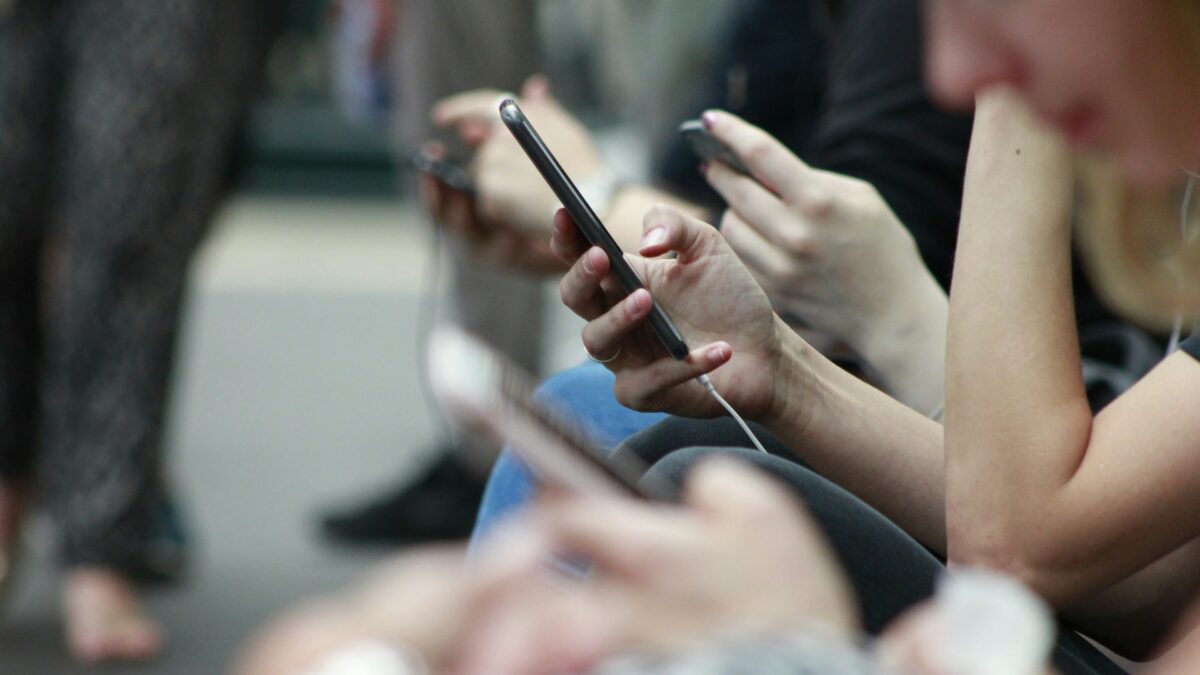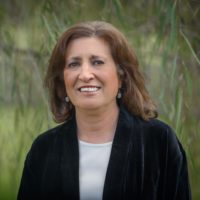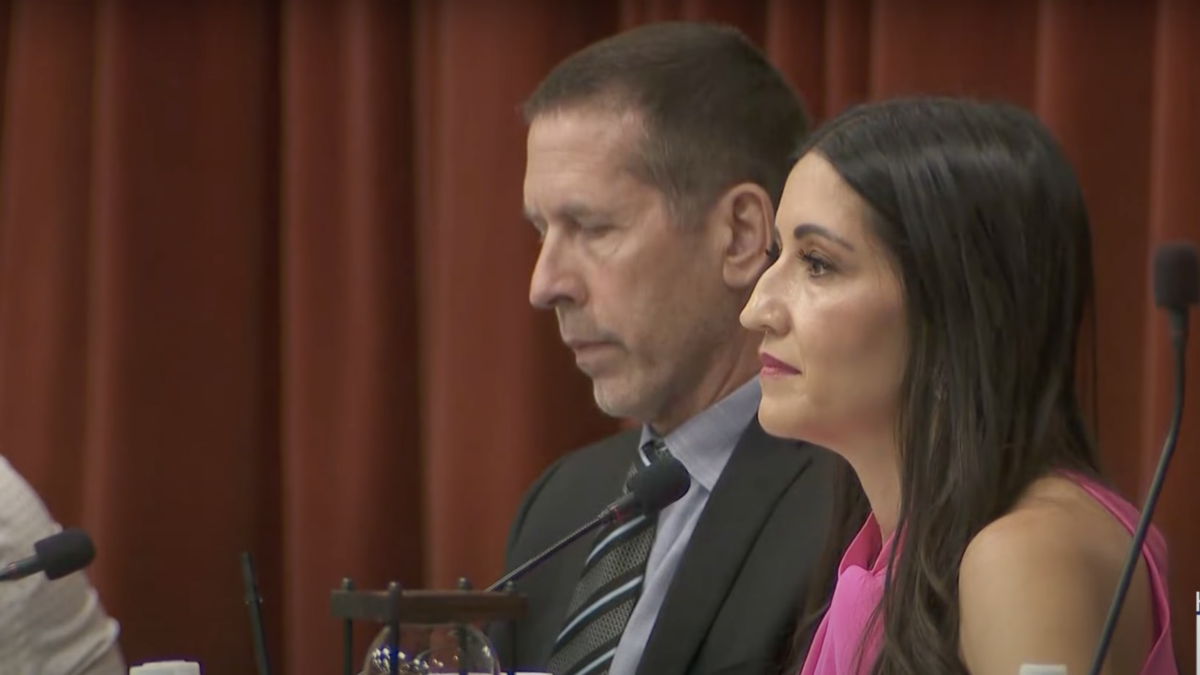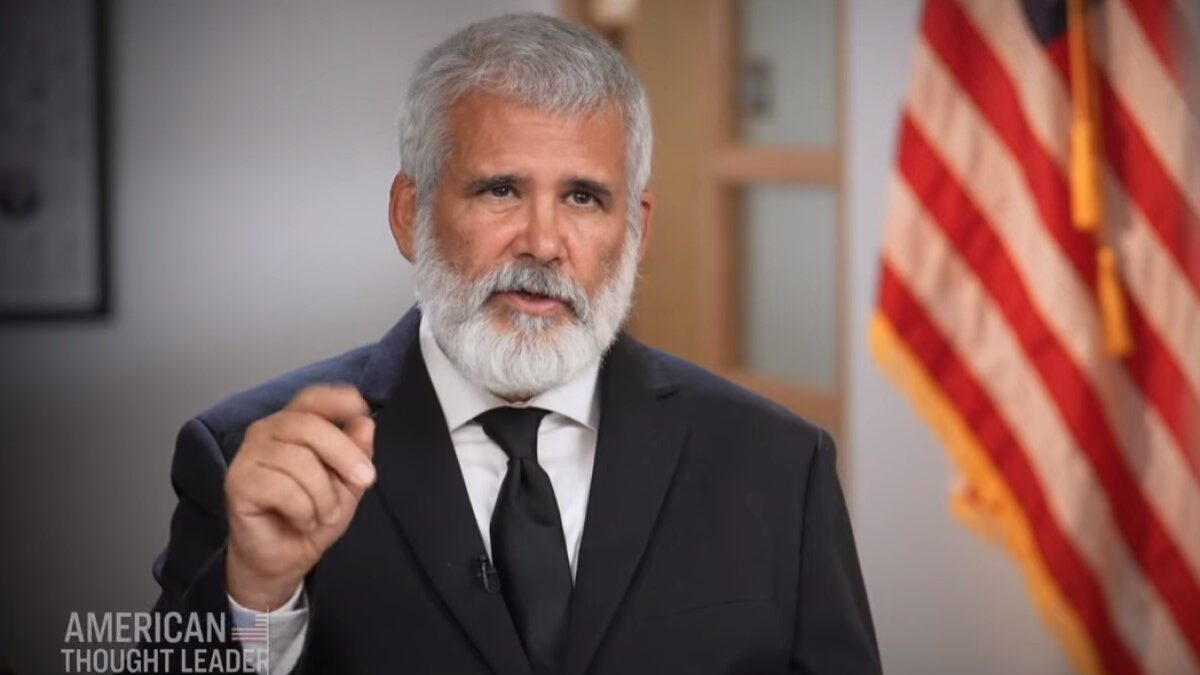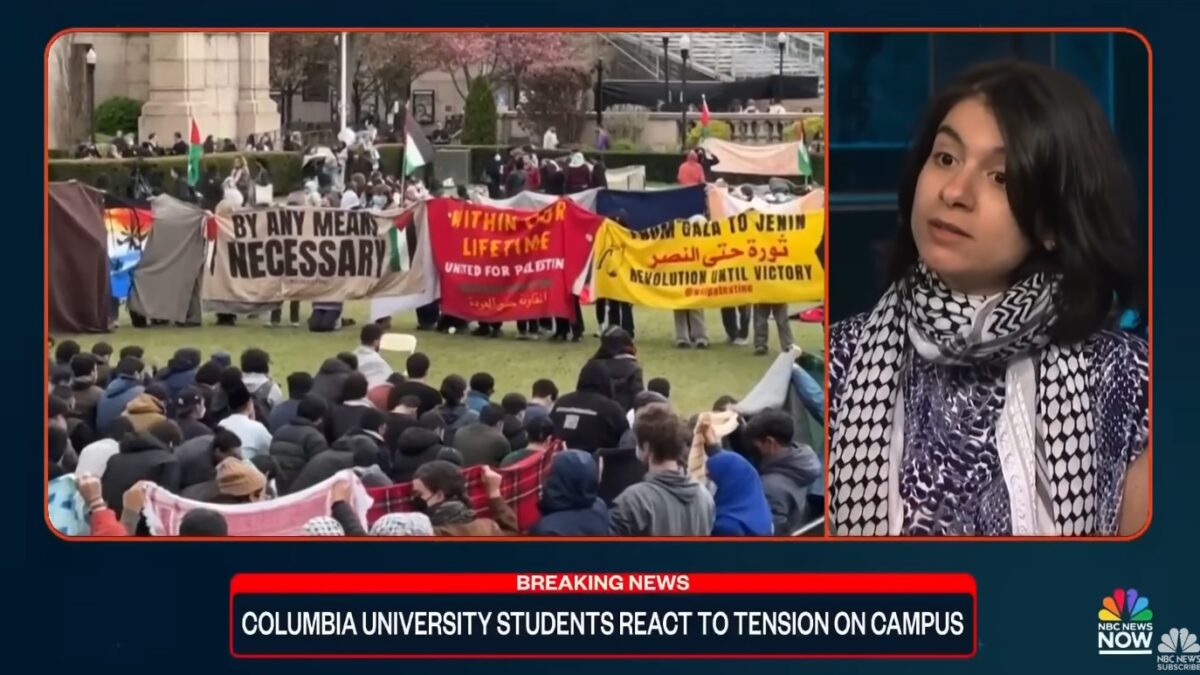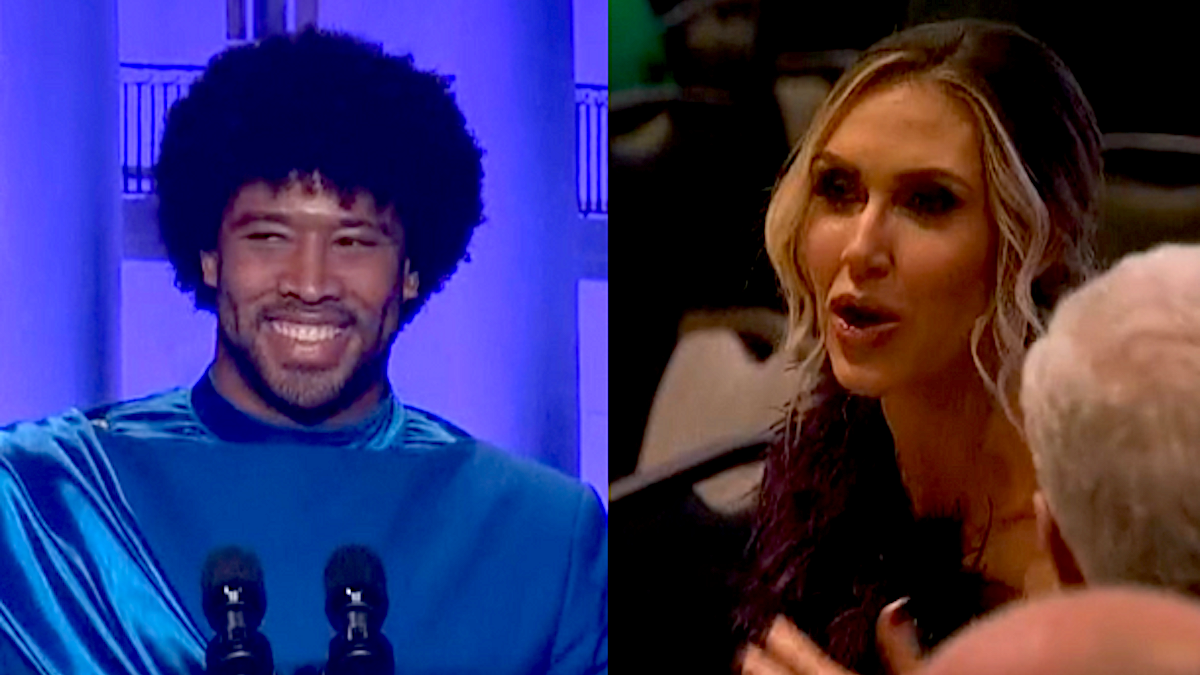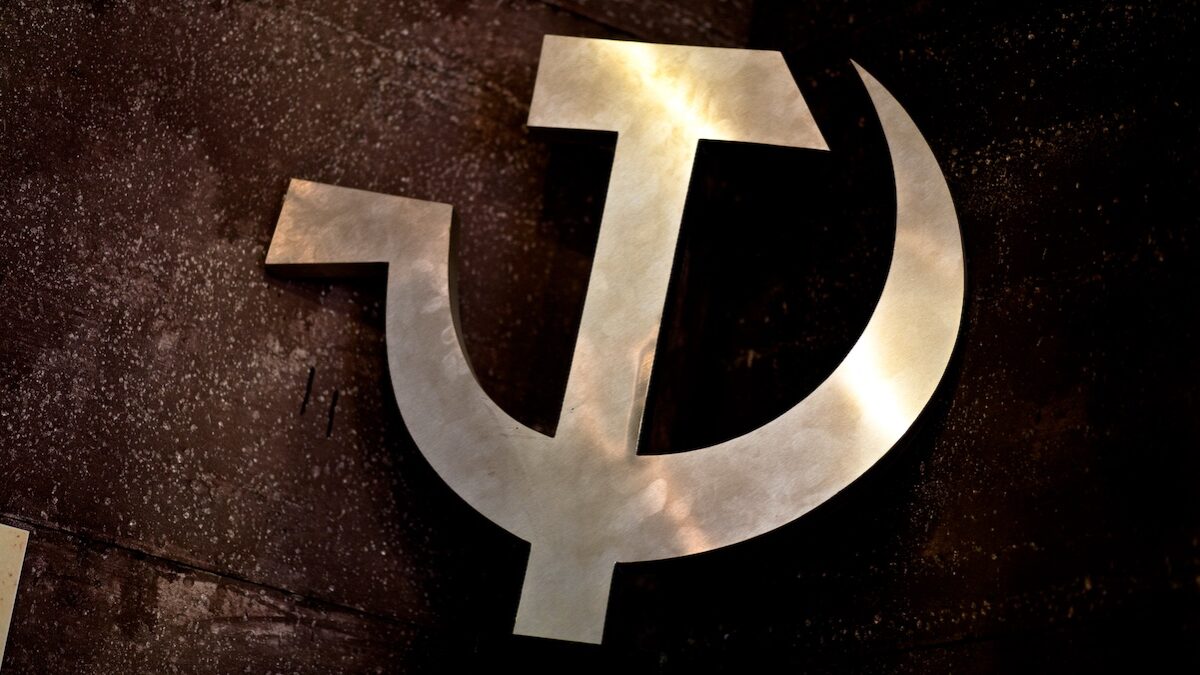Censorship and loneliness always go together because political censorship is always designed to cut us off, to stop us from speaking openly to others. Let’s ponder that connection as we await the Supreme Court’s ruling in Murthy v. Missouri.
But first, let’s dispense with the formalities and the legalese. The Murthy case is supposedly about whether or not the government has a right to try to “persuade not coerce” third parties, including social media companies, to shut down content it claims is incorrect and/or potentially harmful.
This is not a narrow case that stops at allowing government actors to talk to third parties about content they deem “misinformation” affecting national security or public health. Murthy is ultimately about enabling an enormous censorship-industrial complex to control individuals’ conversations — and by extension, individuals’ relationships — at the behest of government actors.
Any SCOTUS ruling in favor of the government would blow the door wide open to undermining the First Amendment’s guarantee of free speech for hundreds of millions of individual Americans.
Even if you don’t believe that, you should at least consider the connection between such political censorship and social isolation. We cannot think of free speech as an abstract value or an outdated convenience.
Ultimately, at stake is the right to communicate openly, which translates into your right to build families and your right to make friends without state interference.
Ultimately, any ruling for the government in Murthy would correspond to the proverbial camel’s snout spitting its orders into the tents of every American’s private life.
Yes, Your Private Life
Too few people understand that the primary purpose and the main effect of political censorship is intensely personal, a point I’ve explained here at The Federalist. In addition to cutting us off from other people and ideas, censorship instills fear of punishment for wrongthink. As more people fear speaking openly, we create a spiral of silence that isolates us further. This dilutes personal relationships along with the potential for building relationships and breeds a more alienated and dysfunctional society.
Free speech is how people get to know one another, building social trust and a healthy private sphere. It’s how we are able to solve problems through the cross-pollination of ideas. It’s the first line of defense against tyranny.
That’s really what’s at stake in this case. We should be alarmed by justices who seemed to be toying with our First Amendment rights during the oral arguments of the Murthy case last month.
Cringeworthy Moments During Oral Arguments
There were several unsettling moments during the oral arguments. From Justice Kantanji Brown Jackson complaining that the First Amendment could “hamstring” the government to several of the justices using brazen hypotheticals, there were numerous indications that the government might prevail in gutting free speech.
Plaintiff Aaron Kheriaty thoroughly discredited one of those hypotheticals in a recent Federalist article, explaining there is no comparison between government interactions with a traditional media outlet and its interactions with Big Tech companies. There are “asymmetrical power dynamics” in the latter case which “create a relationship ripe for unconstitutional government coercion.”
The oral arguments also invited me to reflect on President Ronald Reagan’s warning that the nine most terrifying words in the English language are, “I’m from the government and I’m here to help.” It came to mind when I heard the lead attorney for the government inject this gem into the proceedings: “I think one of the flavors you get from the amicus briefs on our side of the case is there are a lot of valuable ways where the government has information or expertise that it can offer to private speakers, and it would be a shame to chill that.” One of the flavors I get from that statement is the taste of a proverbial mafia don giving “an offer you can’t refuse.”
Has government “expertise” always proved valuable? “Affordable” health care? Its claim that the weirdest election in American history was the freest and fairest? Fifteen days to flatten the curve? The safe and effective Covid injection? President Joe Biden’s statement that different opinions about the Covid mandates were “killing people”?
It’s bad enough that we have several Supreme Court justices working hard to undermine the Constitution that they ever-so-quaintly swore to protect. What’s worse is that during oral arguments, some of the justices presumed to be solid on constitutional principles could conceivably rule for the government’s right to regulate all internet content, possibly on a technicality such as whether or not one of the plaintiffs could prove future harm. As Joy Pullmann noted, Americans simply cannot afford a weak ruling in Murthy.
Why Should Anyone Trust the Government?
The First Amendment exists precisely because governments cannot and should not be trusted. The government is often called a Leviathan because it’s powerful and bloated and insatiable and alienating. Individuals are being silenced by an unholy partnership among government, corporations, and Big Tech. The First Amendment guarantees that individuals — who don’t have that kind of power — should at least be permitted their voices. Now more than ever!
Another great irony in this case is that the named defendant, Surgeon General Vivek Murthy, recently produced an advisory that can serve as a blueprint for unprecedented government control over our social connections, supposedly to “solve” our loneliness epidemic in the name of public health.
Read it. It proposes that the government track and monitor our personal relationships through the health sector and Big Tech. It proposes building a new “social infrastructure” placed “everywhere people gather” — in your local volunteer organization, your schools, your libraries, transportation hubs, sports leagues, you name it. So if the Murthy v. Missouri ruling goes in Murthy’s favor, it will pave the way for more censorship and surveillance. Ironically, that would only worsen our epidemic of loneliness and social isolation.
